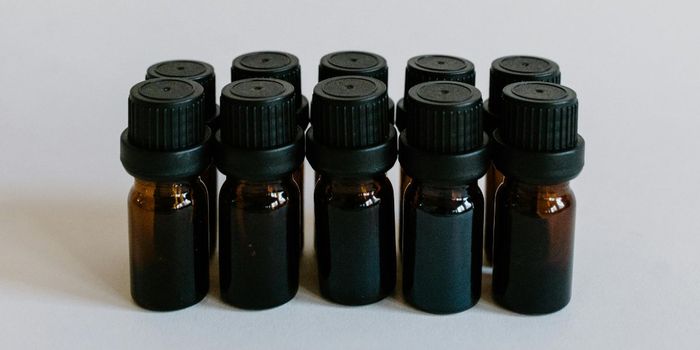Cancer patients' high mortality from COVID-19
A study published today in the online edition of Cancer Discovery reports that people with cancer who develop COVID-19 are much more likely to die from the disease than those without cancer. The study comes from medical researchers at Montefiore Health System and Albert Einstein College of Medicine.
"Our findings emphasize the need to prevent cancer patients from contracting COVID-19 and--if they do--to identify and closely monitor these individuals for dangerous symptoms," said co-lead author Vikas Mehta, M.D., M.P.H., a surgical oncologist at Montefiore and associate professor of otorhinolaryngology at Einstein. "We hope that our findings can inform states and communities that have not yet been so severely struck by this pandemic about the unique vulnerability cancer patients face."
This study is the largest to date to evaluate the specific risk that COVID-19 poses for cancer patients. It involved 218 participating cancer patients who tested positive for COVID-19 at Montefiore Medical Center in the Bronx, New York City. Of this population, 61 cancer patients died from the virus, demonstrating a substantially higher fatality rate than the virus poses for the general population (28% compared to 5.8% in the US).
Co-senior author Balazs Halmos, M.D., M.S., director of the Multidisciplinary Thoracic Oncology Program at Montefiore and professor of medicine at Einstein commented on a noteworthy point, explaining, "A key element is that mortality appears to be more closely related to frailty, age, and comorbidities than to active therapy for cancer.”
The physicians observed such comorbidities like hypertension, heart disease, and chronic lung disease to be significantly associated with higher mortality among their patients. COVID-19 patients with blood cancers, such as leukemia and lymphoma, were hit particularly hard and showed the highest mortality rate: 37% (20 of 54 patients). As reported by Eureka Alert, “patients with solid malignancies, the mortality rate was 25% (41 of 164). Striking differences were observed among specific solid cancers: the mortality rate for patients with lung cancer was 55% and colorectal cancer was 38%, compared with mortality rates of 14% for breast cancer and 20% for prostate cancer.”
These findings will help medical professionals taking care of cancer patients navigate the rough months ahead. "Our data suggest that we should not stop lifesaving cancer therapies, but rather develop strategies to minimize potential COVID-19 exposures and re-evaluate therapies for our most vulnerable cancer populations," concludes co-senior author Amit Verma, M.B.B.S., director of the division of hemato-oncology at Montefiore and professor of medicine and of developmental and molecular biology at Einstein.
Sources: Cancer Discovery, Eureka Alert









